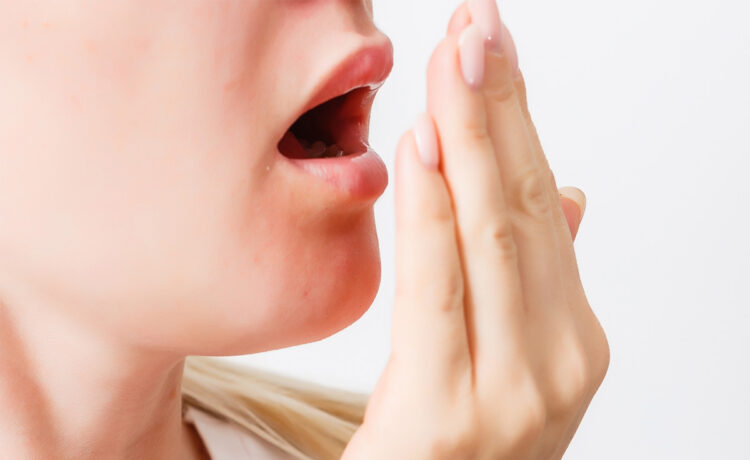After a heavy meal, foul breath can impact even the most healthy of us. However, after you have completed your dental hygiene schedule, this unpleasant smell in your mouth will fade away. If, despite maintaining this routine, your foul breath persists or becomes chronic, you may have a more serious dental issue.
Halitosis, a synonym for chronic foul breath, may seriously ruin your day by making you feel self-conscious. But it may also mean that you have a serious oral health issue. Contact Upland dentist if you are suffering from halitosis.
What are the causes of halitosis?
- Flavorful food items
One of the leading causes of bad breath is leftover food particles in your mouth. However, when you rinse or remove those particles away as part of your dental hygiene routine, the unpleasant smell typically disappears. However, despite your best attempts to maintain dental hygiene, some solid and fragrant meals may trigger persistent bad breath.
For example, the oils in garlic and onions may reach your bloodstream and go to your lungs. The oils will then remain in your lungs for more than a day after that. Keep an eye on your diet to ensure that you are not consuming excess foods that can impact the odor of your breath.
- Poor dental hygiene
The way your breath smells is also affected by your dental hygiene. For example, if you fail to maintain your dental hygiene schedule, halitosis can occur. This not only lets food particles stay in your mouth but also makes it simpler for plaque to stick to your teeth.
Natural bacteria in your mouth generate plaque, which, if it remains on your teeth, may destroy their structure. However, a bad smell will also start to come from the bacterial buildup. Therefore, in order to avoid bad breath, make sure you floss regularly and clean your teeth at least twice a day.
- Dry mouth
A condition known as “dry mouth” happens when you fail to produce as much saliva as you need to, leaving your mouth feeling sticky, tacky, and dry. This is not only challenging, but it might be damaging to your dental health. The dry oral environment makes it easier for bacteria to travel into your teeth.
An excessive number of bacteria will begin to smell, and your risk of getting gum disease and other oral diseases may increase. To ensure that your body continues to produce enough saliva, stay hydrated. In order to prevent dry mouth and bad breath, drink lots of water.









